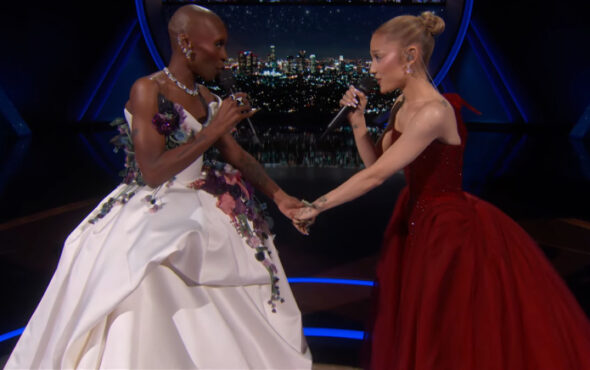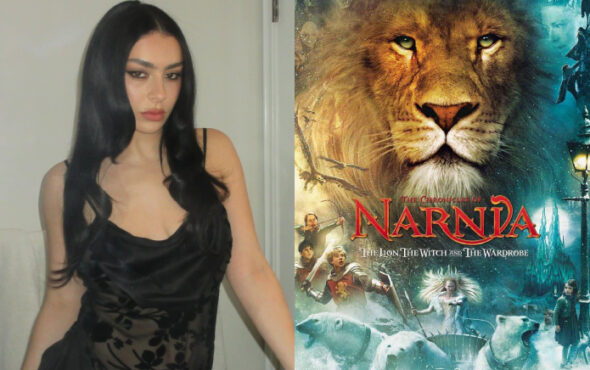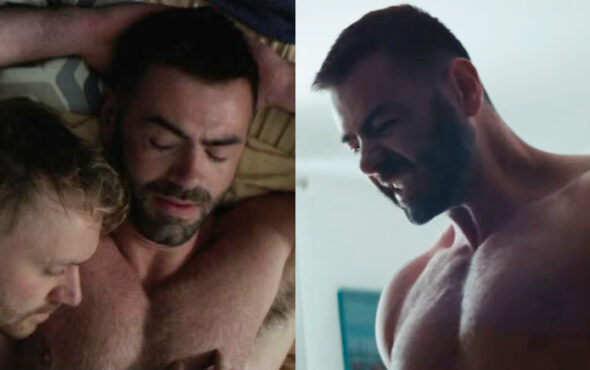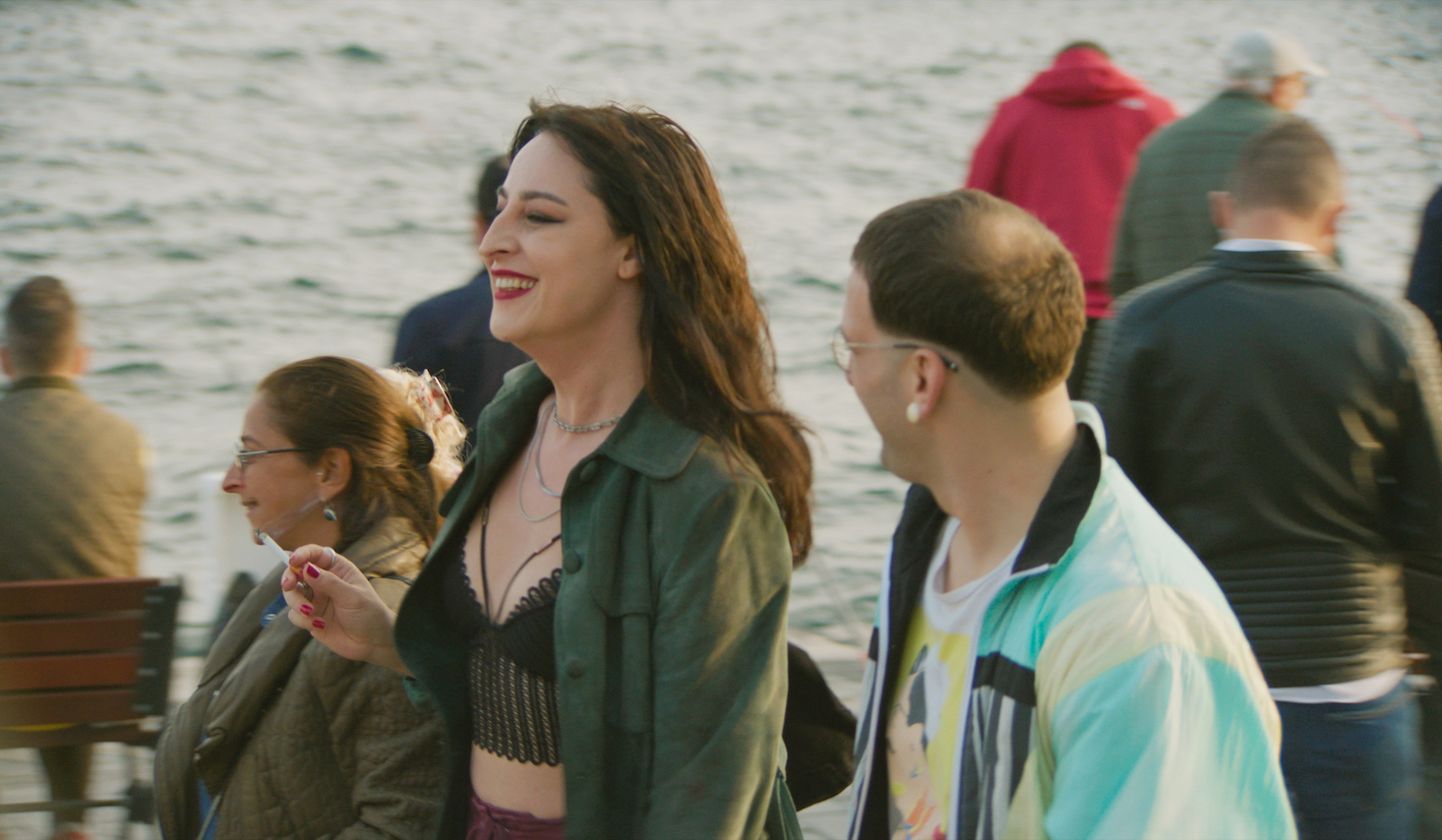
Following the success of 2019 Cannes Film Festival breakout And Then We Danced – a film whose LGBTQIA+ themes prompted riots across Georgia, where it was set – filmmaker Levan Akin has returned with Crossing, another immersive, emotionally searing project that explores queer life in Georgia and the Caucasus region.
Crossing follows retired teacher Lia as she travels from her Georgian village to Turkey in search of her estranged niece Tekla, who sought out a new life in Istanbul after coming out as trans. As Lia explores Istanbul with her unofficial sidekick Achi, she comes into contact with Evrim; a lawyer and an activist at the heart of the city’s queer underground. Respected by her community, surrounded by friendship and following her dreams, Evrim is living life on her own terms as a trans woman.
Evrim isn’t the only community figure we’re introduced to – whether it’s queer techno parties or house-shares with trans women cohabiting, Crossing gives us a multidimensional look at Istanbul’s LGBTQIA+ community by tapping a multitude of trans and gender diverse actors.
Below, GAY TIMES speaks to Akin about the film’s intergenerational themes and the importance of casting trans talent in both the cast and crew.
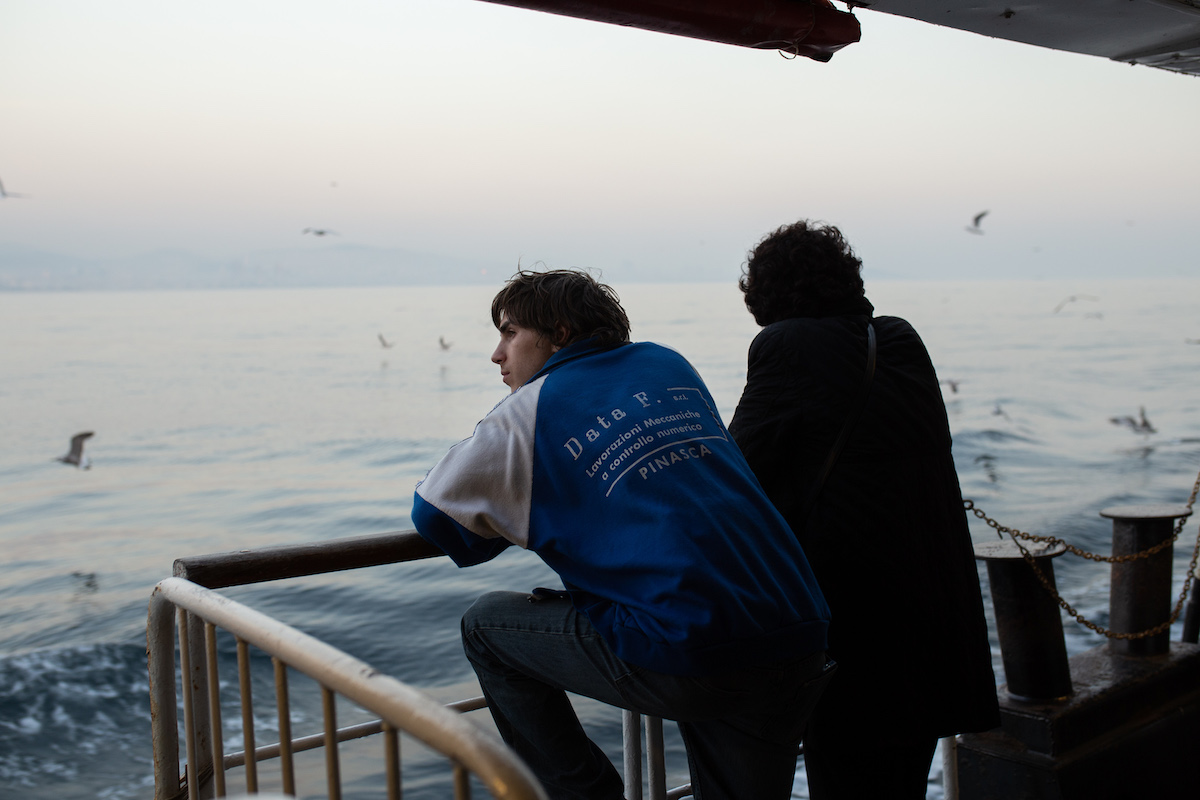
What was the initial idea behind Crossing and what was the process of bringing the film to life?
One of the seeds is that when I was making the film And Then We Danced, I met several trans women in Georgia, who told me that they go to Istanbul for work and that made me curious.There was also an intergenerational conflict narrative that happened with And Then We Danced where it was depicted as being the Soviet generation against the post-Soviet generation, which isn’t true. So I felt like it would be nice to make a story from the perspective of a relative to somebody who’s LGBTQIA+.
When you mention that there was an intergenerational conflict narrative, what do you mean?
In Georgia there were riots when And Then We Danced came out [due to its LGBTQIA+ themes]. The narrative at the time was that it was the younger generation versus the older generation. I felt like that type of polarisation just serves the purpose of giving power to the oppressor. My grandmother and I are on the same team, regardless if I’m gay, bi or trans. I wanted to create a specific story about this topic where it’s all of these characters in the film navigating patriarchy, which is deeply tied to capitalism.
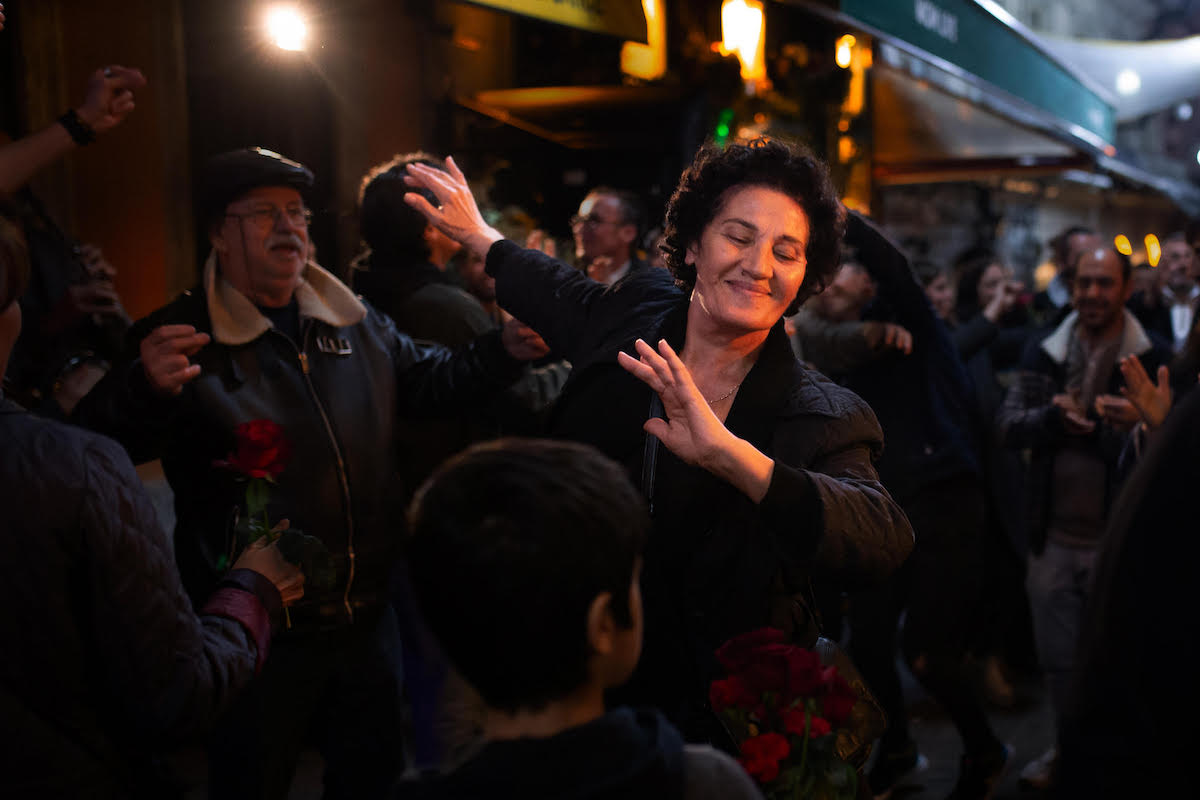
How did you approach the casting of the film – this appears to be the first film that much of the cast has appeared in?
Most of the cast, except Mzia Arabuli, who plays one of the leads, aren’t professional actors. In this type of film, where I want the audience to feel immersed and to have a fly-on-the wall type feeling, working with real people can feel more interesting and inspiring. This film was hard to cast: there are the three leads who have to be amazing as well as smaller roles, characters who have to be really believable and feel lived in. We made a real point to hire people from the trans community in the film team, too: one of our lead casting people was a trans man and a trans woman in the costume department. We knew that was going to make the film more believable.
There’s a roaming camera throughout the film which allows us to flit between various characters’ perspectives. What was the thinking behind this aesthetic choice?
I want the viewer to feel like they’re getting a peek of something – that’s why a lot of the time the camera is far away, there are people in the foreground and you [the viewer] are just sneaking into a world. To me, that helps the immersion. On the other hand, I also have a lot of scenes where the camera almost feels like it’s stuck to someone’s shoulder and you’re really with them in the room. Sometimes I let the camera rove around on its own: I feel like the camera in this film is like its own presence, like the narrator. At times it’s with the characters but at other times it’s a distance away, smoking a cigarette.
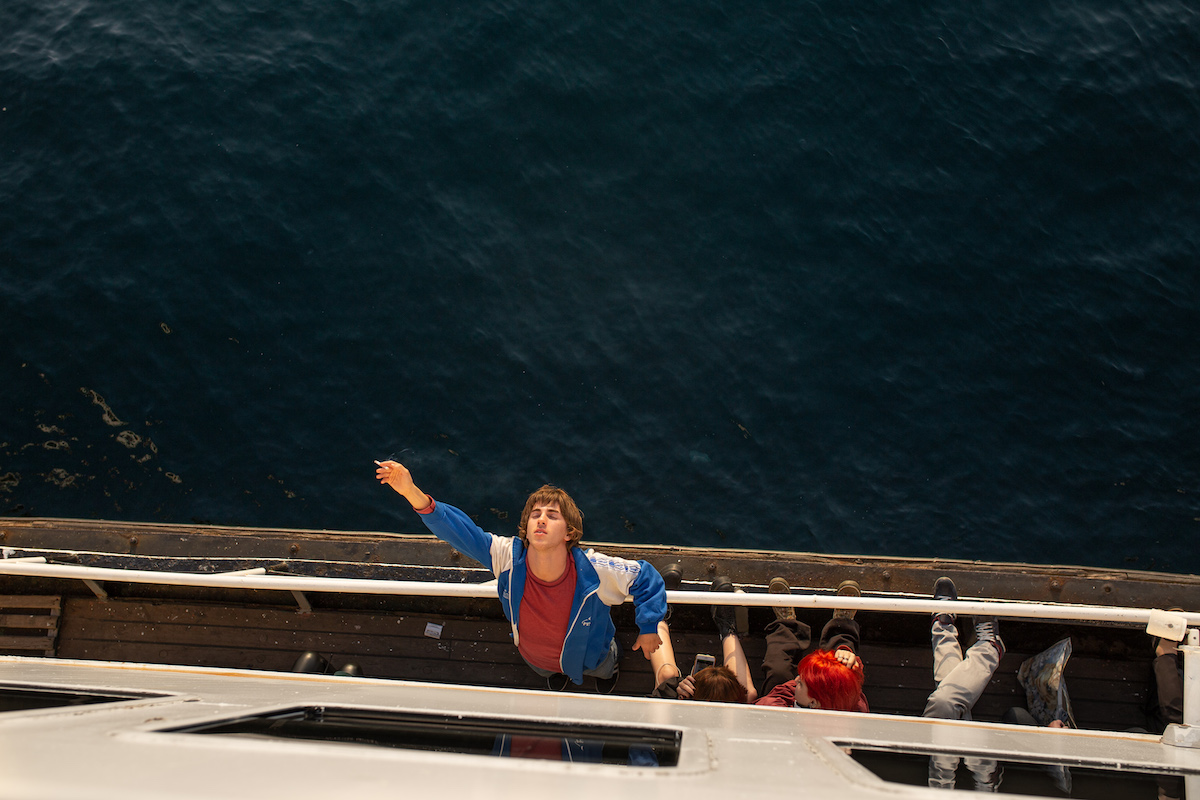
One of the themes of the film is exploring the choice between freedom and familial and social acceptance. Why was that important for you to explore?
It’s a theme that interests me a lot but there’s also the theme of tradition and how it gets co-opted by conservatives. I can be super gay and still love tradition and be proud of my country. When I was young, I felt confused about why I was being made to feel like an outsider all the time just because I’m more feminine. In my culture, in the part of the world that I’m from, this issue hasn’t really been dealt with. These films are like a conversation with the people in my life, Lia [from Crossing] is based on so many women that I grew up around in Georgia and Sweden.
Among the older characters, transness is seen as something shameful but Achi is much more accepting – attending a queer party without any problems. What does this character represent in terms of the younger generation of Georgians and their approach to queerness?
I think him, Lia, Evrim and the kids are victims of the same things – patriarchy, capitalism and wealth disparity. Does Achi represent the younger generation? A facet of it, but it’s never black and white. He’s an amalgamation of several different types of young people in Georgia: he’s not a super westernised hipster, he’s still a country boy. I think his openness at that queer party is because he’s more occupied with surviving and eating. He hasn’t been fed – he couldn’t care less about who’s kissing who.
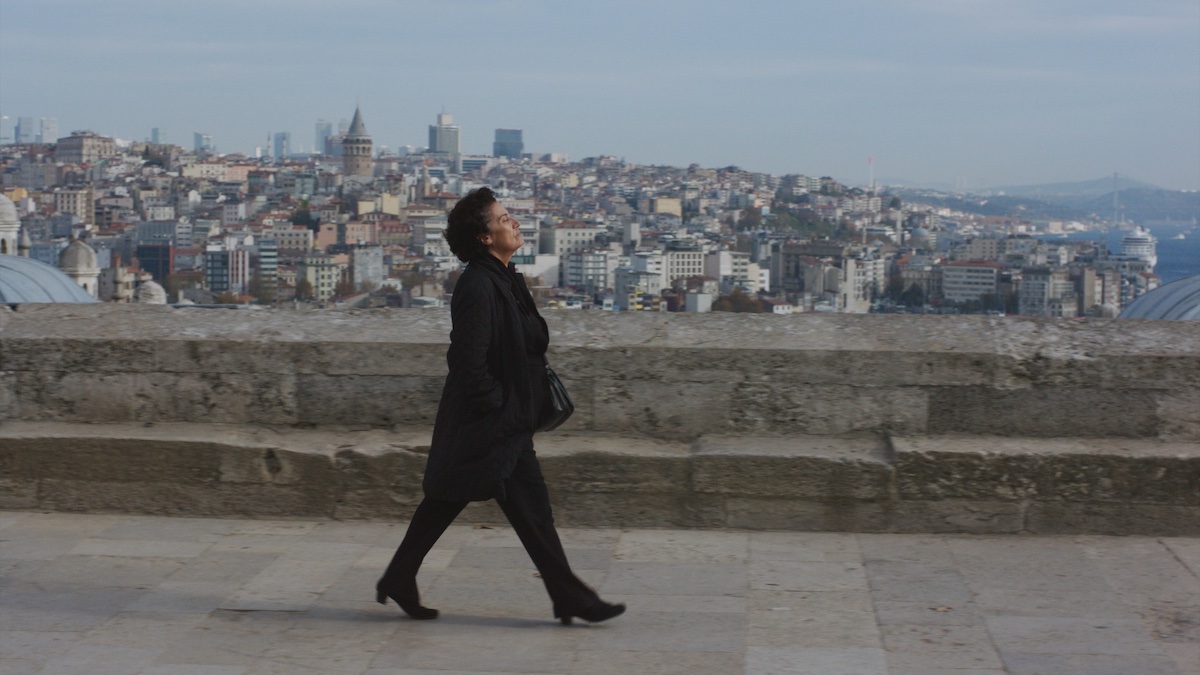
Ultimately, the film suggests that Lia is filled with regret at losing her last relative and can see that the reasons behind the estrangement are superficial – what do you hope viewers can take away from her journey?
I hope that somebody can watch it and be like, ‘I should call so-and-so, let’s bury the hatchet.’ I feel like a lot of hatchets need to be buried.
What do you hope that viewers in Georgia and beyond can take away from this film?
That people will understand their grandmas, and maybe vice-versa.
